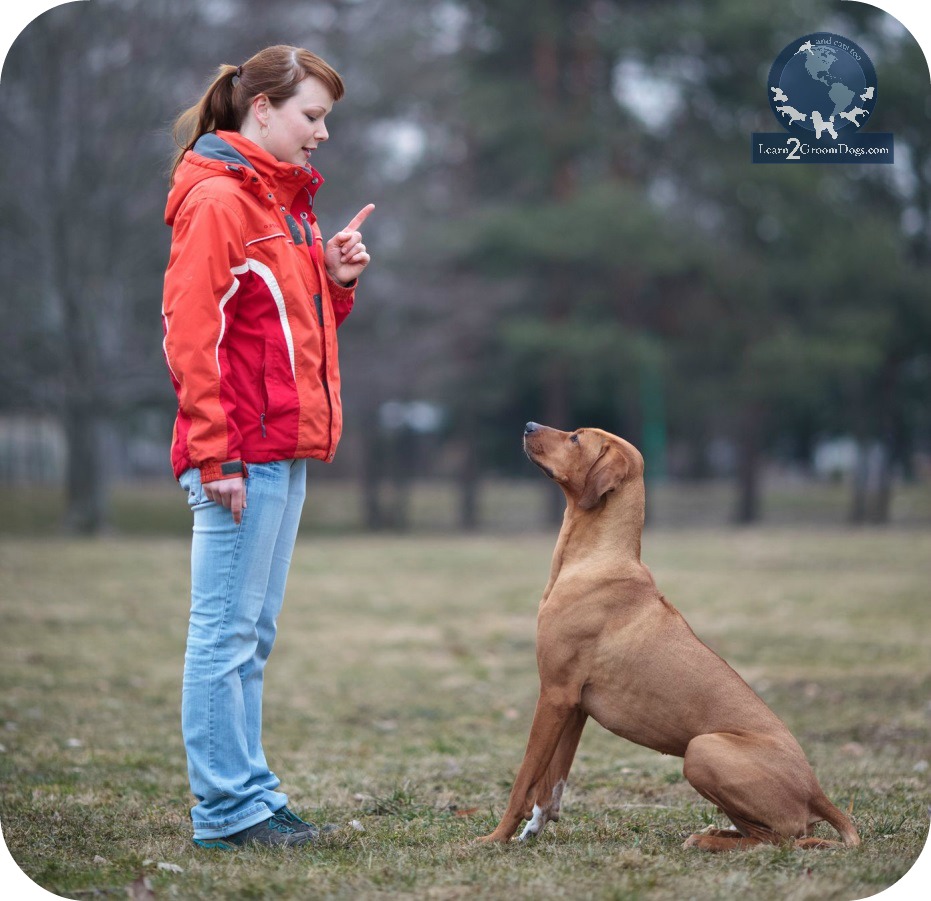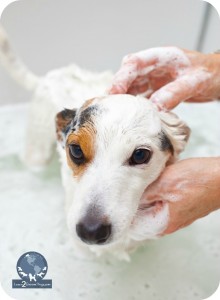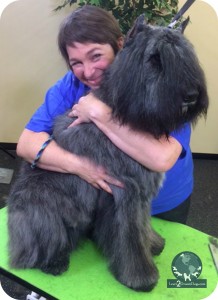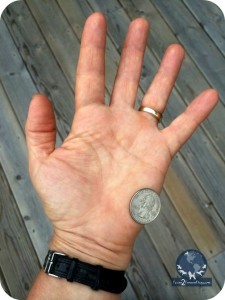 Time is the most common concern for professionals in this industry. New groomers worry that they’ll never be able to do more than 4 dogs a day. Salon owners need employees who can hit the ground running. They need people who can groom 6-8 dogs per day. Or you’ve been at the table for a while but still struggle to get beyond 5 dogs per day.
Time is the most common concern for professionals in this industry. New groomers worry that they’ll never be able to do more than 4 dogs a day. Salon owners need employees who can hit the ground running. They need people who can groom 6-8 dogs per day. Or you’ve been at the table for a while but still struggle to get beyond 5 dogs per day.
Seasoned pros are knocking out 8… 10… 12… 14 or more pets every day.
So what are you doing wrong? What are the common areas that seem to be the sticky spots? What areas in your day are robbing you of precious minutes?
Top 10 Areas Where Pet Pros Can Improve
1. Always start with the end result etched firmly in your mind
The better you know where you are headed – the easier it will be to get there. Know what a high-quality trim looks like – even if it’s a shave off or a close body trim. Know what balance and style is. Know what a beautifully brushed out dog looks and feels like. If you’re working on a purebred, know what a beautiful specimen should look like.
2. Don’t start with elbow grease – always let products and tools do the work first
In the past 30 years, there have been great developments in products and tools that make our jobs easier. Go to trade shows and test them for yourself. Ask others on social media outlets what they like to use. Find out what products and tools the top pros use at their grooming tables. They likely have a very solid reason why they use what they do. They did not get to be top stylists by using inferior products and tools!
3. If water can penetrate the coat, wash the pet first
Don’t waste time pre-clipping a dog that comes then every six weeks or less. Get it straight to the tub. You’re wasting time clipping off that small amount of coat. The same thing goes with a dog that is matted or is shedding. If the water can penetrate the coat, get them right into the tub. A clean coat is going to be more pleasant to work on. Plus, a large majority of mats and tangles are held together by dirt. Remove the dirt and the job just got easier.
4. A powerful high velocity dryer is the professional stylist’s greatest asset in time management
In my opinion, the development of the high velocity dryer is one of the greatest advancements the grooming industry has ever seen! Put simply, (if used correctly) this tool produces the fastest results with the highest quality on any given coat type.
- it dries the coat with lightning speed
- it can straighten the coat for a beautiful fluff dry
- when used prior to the bath it will loosening dirt next to the skin
- it effectively removes most mats or tangles
- it is extremely efficient with the removal of shedding fur
5. Towel Dry – Towel Dry – Towel Dry
It never ceases to amaze me how many people miss this step. Incomplete towel drying costs precious minutes in the drying process. Multiply that by six or eight dogs and you’ve lost 30 to 60 minutes out of your day. Here’s my goal: towel dry thoroughly enough so that spray does not come off the dog once I start working with a high velocity dryer.
6. Three clipper passes or less!
If your dog is bathed and blown out properly, the goal is to make three clipper passes – or less – to get it absolutely smooth. The first pass knocks out the longest coat (at this point I’m not going for smoothness). The second pass smooth’s it out. The third pass eliminates high spots that I’ve missed. Three times around the dog with the clippers – period. If you can get done quicker than that – bonus!
7. Create a routine for everything you do
This is a bit like the waitress listing off the salad dressing choices at a restaurant. She has a routine that she follows. If you stop her mid-list, she often has to start all over again. She never misses a choice because she sticks to her routine. You should have a routine for every dog that comes into your salon. Stick to your routine so you never miss a step.
8. Cheat like crazy with attach on combs
If there was ever a cheat tool in your toolbox, this is it! For many pet stylists, attach on guard combs have replaced a lot of the hand scissoring work. They come in a wide array of sizes. They let you establish a depth of coat just by following the dog’s body. For most people, this is much simpler than to master exquisite hand scissoring. It allows you to mold and sculpt the fur quickly and efficiently. With knowledge of proper canine structure and creative use of your guard combs, you can create a highly stylized trim in no time.
9. Never, ever work on a pet that you feel is dangerous to itself or to you
With so many cooperative pets to work on, there is no reason for you to tackle a highly aggressive dog. Your hands are your livelihood. You need to protect them at all costs. No one needs the aggravation, frustration, or anxiety of having to deal with a dangerous dog. I’d rather have a client who is upset with me for refusing to do their dog than have a groom result in injury. Or to be bitten. It’s just not worth it.
10. Love What You Do
Being a professional pet groomer or stylist has huge rewards. For many, it’s one of the most gratifying and creative jobs they have ever held. However, it has is down sides, too. It’s a far cry from playing with puppies all day. If you’ve crossed that line and grooming pets is no longer enjoyable, do yourself and your clients a favor – step away from the grooming table. Love your career or leave it.
In order to be a valuable member of a pet grooming team, you need to have to have a burning desire – the need for speed. The more pets you can get through safely, without sacrificing compassion and quality, the more valuable you are to your salon.

 It doesn’t matter how long you’ve been grooming or how talented you are as a pet stylist – sometimes you just need a little help. An “oops” can occur at any time. Mistakes happen.
It doesn’t matter how long you’ve been grooming or how talented you are as a pet stylist – sometimes you just need a little help. An “oops” can occur at any time. Mistakes happen.










